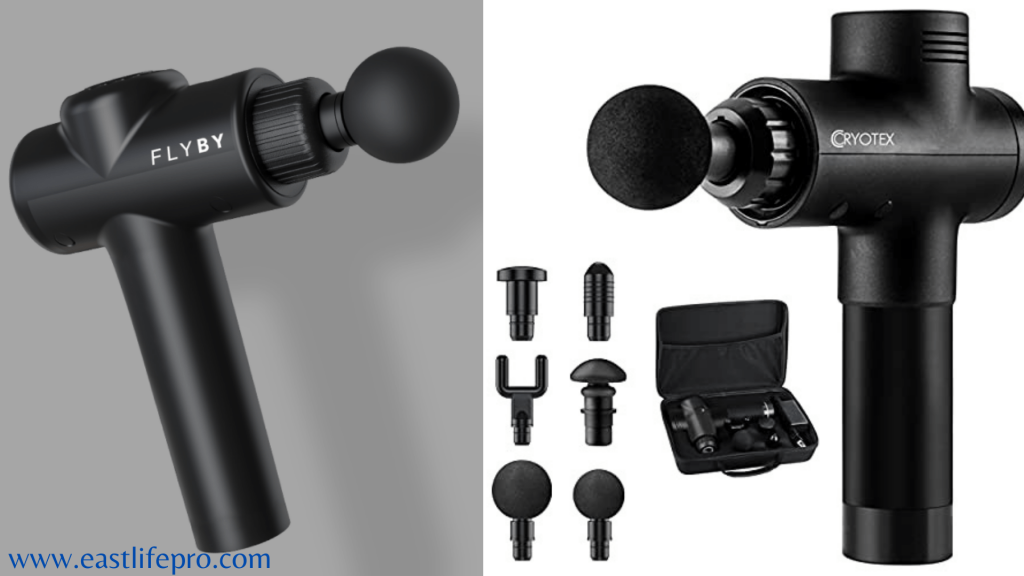Are you looking to maintain a healthy lifestyle? Are you searching for a women’s nutrition guide?
It’s no secret that the current state of the world is affecting our health. From the unending stress to the constant fear of the unknown, it’s hard to be at our peak.
We live in an age where looking our best and feeling our healthiest has never been more important. By taking care of ourselves, we not only improve our mental health but our physical health as well.
Below, we’re going to give you some tips to consider if you’re trying to improve your overall health. Keep reading for more information.
Understand Essential Mineral and Vitamins for Optimal Health
Women have unique nutritional needs based on their age and physical activity level. Here are essential minerals and vitamins for women. They are especially important for the proper development and maintenance of the body and overall health.
Calcium
Calcium is essential for strong bones and teeth. They also help with muscle contractions and nerve signals. For optimal health, women of all life stages should aim for between 1000-1300mg of calcium per day.
Dairy products such as milk, yogurt, and cheese are good sources of calcium. Other food sources such as leafy greens, soy, and even almonds are great sources.
Iron
Iron plays a role in transporting oxygen through the body. It boosts the immune system and supports cellular growth. Taking an iron supplement is the fastest way to ensure adequate intake.
Iron can also be found in a variety of common food sources. Some of the best iron-rich foods for women include red meat, poultry, seafood, fortified grains, and legumes.
Eating too much iron from supplements can be toxic. Make sure to talk to your healthcare provider before taking either supplements or food with added iron.
Magnesium
Magnesium helps support strong bones and helps cells use and produce energy. It is also involved in nerve transmission and muscle contraction.
Additionally, it helps produce certain hormones. This includes estrogen and testosterone, which are crucial for reproductive health.
Low levels of magnesium can lead to fatigue and cramping. It is important to make sure to pay attention to this nutrient and make sure your intake is adequate.
Potassium
Potassium can help maintain blood pressure levels. It also supports healthy nerve and muscle function. It encourages a healthy balance of electrolytes and water in the body.
The recommended daily intake of potassium for women is 4,700 milligrams a day. Foods rich in potassium include dairy products, potatoes, tomatoes, avocados, melons, oranges, and bananas. To ensure adequate intake of potassium, women should prevent dehydration by drinking adequate fluids.
Zinc
Zinc plays a role in the health of the immune system, neurological processes, and digestion. It is essential for the metabolism of carbohydrates, fats, and proteins and is important for cell growth and division.
A lack of zinc can lead to an increased risk of osteoporosis and anemia. Good sources of zinc include oysters, red meat, wheat germ, pumpkin seeds, yogurt, and spinach.
Incorporating zinc-rich foods and/or supplements into a diet is an important part of any female nutrition plan. This is essential if she is pregnant, lactating, or at risk of deficiency. You can also check Citranatal Assure to help you with your pregnancy.
Vitamin B Complex
All B vitamins are important for proper metabolism, nerve health, and neurotransmitter activity. They are also essential for energy production and red blood cell formation.
Women should look for a supplement that contains all eight of the B Vitamins in their active forms. Women should also make sure to balance their B vitamin intake with a healthy diet by eating lots of fresh fruits, vegetables, and lean proteins.
Vitamins A, C, and E
Vitamin A helps support a healthy immune system and helps maintain the health of the eyes and skin. Vitamin C is a powerful antioxidant and helps the body form and maintain connective tissue, including bones and blood vessels.
Vitamin E plays an important role in promoting healthy cell growth and protecting the body from oxidative damage. Women should aim for a minimum daily intake of 700 micrograms of A, 90 milligrams of C, and 15 milligrams of E for optimal female health benefits.
Supplementing the diet with these vitamins or coming from a variety of food sources can help maintain health and provide protection from any deficiencies. Some good sources include dark leafy green vegetables, eggs, nuts, salmon, carrots, oranges, and broccoli. Eating a balanced diet with a variety of foods is the best way to ensure adequate vitamin intake and good health.
Vitamin D
Vitamin D plays a key role in improving the overall health of the body. It contributes to regulating calcium and phosphorous levels in the blood and helping to protect against chronic illnesses.
To ensure adequate vitamin D intake, women should consume fatty fish, fortified foods, and eggs. Regular exposure to the sun is also a great way to synthesize vitamin D.
Include Plenty of Probiotic-Rich Foods
Probiotics improve digestive and immune health. They also reduce the incidence of chronic diseases and enhance overall well-being. The key to getting the most out of probiotic-rich foods is to include plenty of them in your diet.
Foods rich in probiotics are fermented foods like yogurt and sauerkraut as well as more unconventional options such as miso, tempeh, and kefir. Including these foods in your daily routine can help maintain a healthy gut balance. They also promote better digestion and absorption of nutrients while also combating unhealthy gut bacteria.
Additionally, probiotics may benefit your skin by reducing the signs of aging and helping to clear acne. Probiotic-rich foods should be incorporated into a woman’s diet on a daily basis. Allowing your gut flora to stay balanced will mean better overall nutrition.
Complete Women’s Nutrition
Women’s nutrition is a crucial part of overall health. Eating the right foods with the right nutrients can reduce the risk of many health issues or even prevent them altogether.
Women should be aware of what they are putting into their bodies and how it can affect their overall health. Eating a balanced diet, exercising regularly, drinking plenty of water, and getting adequate sleep are key factors in staying healthy. Take control of your health with these valuable tips and start ensuring your diet is delivering the necessary nutrients and health benefits you need.
If this article has provided helpful advice that you could use in your life, then you should check out the rest of our blog now.
James Martin is a passionate writer and the founder of OnTimeMagazines & EastLifePro. He loves to write principally about technology trends. He loves to share his opinion on what’s happening in tech around the world.



